If you can believe the legend, so Mark Zuckerberg has invented his Facebook to communicate faster with friends. He probably did not know then what will actually develop from it. Facebook was and is the template for many more or less successful social media applications. Facebook was originally intended for personal use and as a system of relationship management to its own friends. In the meantime, this has become an extremely powerful marketing and advertising tool for companies. Today, an organization can hardly afford not to be present on Facebook / Social Media. This is clearly shown again and again in political conflicts. This can be seen worldwide in the American presidential election. Even with the Austrian Nationalrat election this medium had a significant influence on the outcome of the dispute.
Social media are communication platforms that make it very easy to portray my personal life and share it with my friends. This process is referred to as Post on Facebook. The selection of the content lies exclusively with myself. What I reveal about myself and what I keep secret lies exclusively with me and depends on my personality structure. Very quickly, social media platforms have established themselves as a way of self-expression – Self Expression. This is where the careful handling of this medium begins. Just to say I’m not on Facebook or anything like that because it’s too dangerous for me, is not a solution in the digital age either. To present too much, especially intimate and culturally inadequate, leads to a bad digital personality profile. Similar to our biological profile, we must also pay close attention to the digital and constantly evolve it.
Social media enable us to express our opinion on everything possible. In addition, the platforms offer the functions of likes and parts. Of course, we would like to share interesting, funny and beneficial posts with our friends. Gossip is often more interesting than sterile news. If something interesting happens in your own circle of friends, it is immediately known to all via social media. We can then immediately or with a time delay leave our opinion / comment on it, share the message further or rate it from “Wow” to “Hate”. In contrast to real relationships, you can also make virtual friendships in the social media world. How far you put the “Scope” here is also a purely personal decision. On commercial Facebook pages friends become followers. You do not need to know them personally, because it’s all about reaching the highest possible number of people.
For all positive and beneficial forms of social media, there are also negative ones. If my published content is not directed against the rule of law, I can also produce very negative content. The range reaches from hate postings over Shitstorms up to personal attacks (stalking, mobbing). However, this is not so easy nowadays. There is a good chance of finding such individuals and holding them accountable.
The postings, the shared content of my friends and the promotional material give me a good idea of what is going on in my environment. However, the utmost caution is required. This insofar as the environment was put together by myself and therefore reflected my personality (mirror). An objective knowledge is very difficult to get. You should be particularly careful when you get information and news that you want to fully agree with. A typical example of this is political content. Since I have mainly friends of the same attitude and value, I will also get colored information in this regard and like to agree / like. In the virtual world building a constructivist world is very likely. Conversely, it would be very easy via social media, by choosing different friends, to get to know a very differentiated and objective world view. One could definitely add to his list of friends people from other cultures, with different political opinions and extraordinary life plans. Hardly anyone does that – but it would be an interesting experiment.
In order to better understand the mechanics of social media, it is necessary to recognize their own socialization, the current mental state, their own filters, the digital profile and the possible influencers from the environment.
Socialization: It is true that our lives are determined by genetic characteristics. At least as great an impact on us is the environment and culture into which we are born. Even with a very similar genetic structure, all humans develop their own personality. Against the background of digitization, there are now two groups of socialized people. Once those overtaken by this cultural technique, the digital immigrants and, secondly, those who have already been born into this world, Digital Natives. This results in a completely different socialization and thus a very different approach to social media.
Unconscious Filters: Based on the archetypes of the C.G. Jung developed the personal inventory of Myers-Briggs. This is a compilation of behavioral parameters with corresponding characteristics. A very simple version of this has developed in the 1970s as part of the NLP. There, unconscious patterns of behavior are called meta-programs. These are unconscious behaviors, each of which is polar. See the following table:
Self – Other
Person – Object
Past – Future
Inductive – Dedcuctive
Difference – Same
Linear – Chaotic
Added – Way off
Uncomfortable – Comfortable
Problems – Goals
Otpimist – Pessimist
Proactive – Reactive
Rule – Option
Mainly these values refer to the unconscious behavior of humans. Whether we prefer to deal with the future rather than the past, with people or things, with others or with ourselves, etc., usually runs unconsciously. These filters were acquired during childhood and adolescence. They are very stable and largely determine our lives. Of course, our image and our activities on social media are also shaped by this. What someone presents on his chronicle is an expression of personality. Some Facebook profiles only show the owner in different contexts. On other user pages you will find their preferred attitude to pets, friends, food, jewelry as well as past, future and much more. The digital profile is a consequence of the personality profile. Unless I am an actor, these two will agree, though they are expressed through different media. In reality through my personal behavior and interacting, in the digital world through my digital profile, posting, sharing and liking. Although the personality structure is very stable, it is influenced by the current mental status.
Mental Status: Current events, especially stress and stressful situations, can make us act differently than our personality profile would expect. We should therefore by no means act emotionally driven in the social media world. If that ever becomes necessary, we should definitely be very aware of it. A “night sleep on it” makes much easier and leads to fewer relationship conflicts. Self-control is a very valuable skill in the digital, virtual world. Unfortunately, the Internet and the memory do not forget anything. Even if it is such a funny, cheerful situation, you should not post your experience and feelings right away. The same applies to religious and political attitudes. These could change and, in retrospect, may be unfavorable. For recruiters, Facebook is an almost unfathomable fund. Your own chronicle is much more reliable than any CV. Trivial things like coffee, eating, sleeping, etc. also affect our mental state. The influence of drugs radically changes the personality structure and therefore also expresses itself very clearly in social media. It is even more important in a digital world to develop one’s own personality because it becomes very transparent and widely known via the social media profile.
Digital Profile: Is that appearance that we build on Facebook for example in the profile and in the chronicle of ourselves.
What do people tell about themselves?
From the expressionist depiction of one’s ego to food, sports, sex, jokes and breaking news, everything and more can be found. Essentially, however, the topics correspond to a Gaussian distribution. So almost everyone has a digital profile, which consists of these common topics. It is quite an interesting experiment to look through the profiles of your own friends. With ten different parameters (see picture) you can structure quite well. In addition to these standard profiles, there are already, albeit very few, unusual profiles. We present ourselves through social media, we communicate and show our attitude to values and needs. That’s exactly what advertising and marketing are about to do. Getting to know our individual needs and reacting to them with corresponding offers – that is what social media marketing means. We are looking for influencers to react to.
What do you want from us?
Influencer: In the original version of social media, emphasis was placed on relationships. In the meantime a lot has changed. If the most powerful man in the world is elected and the decision is made on Twitter, then it’s about a bit more than relationships with friends. The environment has different interests in you. These can be grouped into:
These three groups can be subdivided on one side and subsumed on the other side into a single term and that’s money. You want your money! Whether that’s about manipulation, power, dependency, love and so on is culturally different.
Your value in the virtual world is represented by the Digital Profile – Build it up and use it carefully!
PS: Brief summary of NLP metaprograms
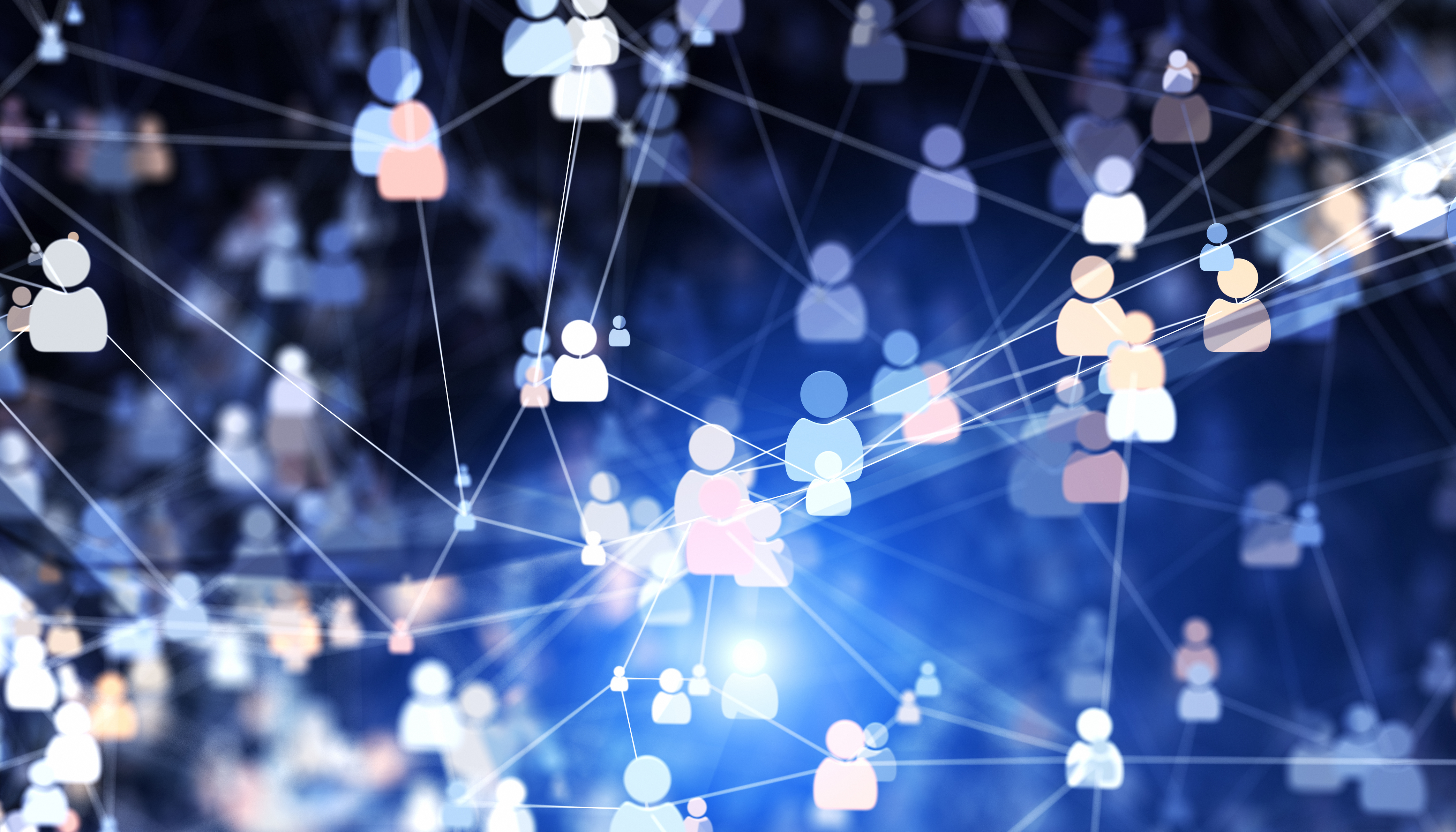
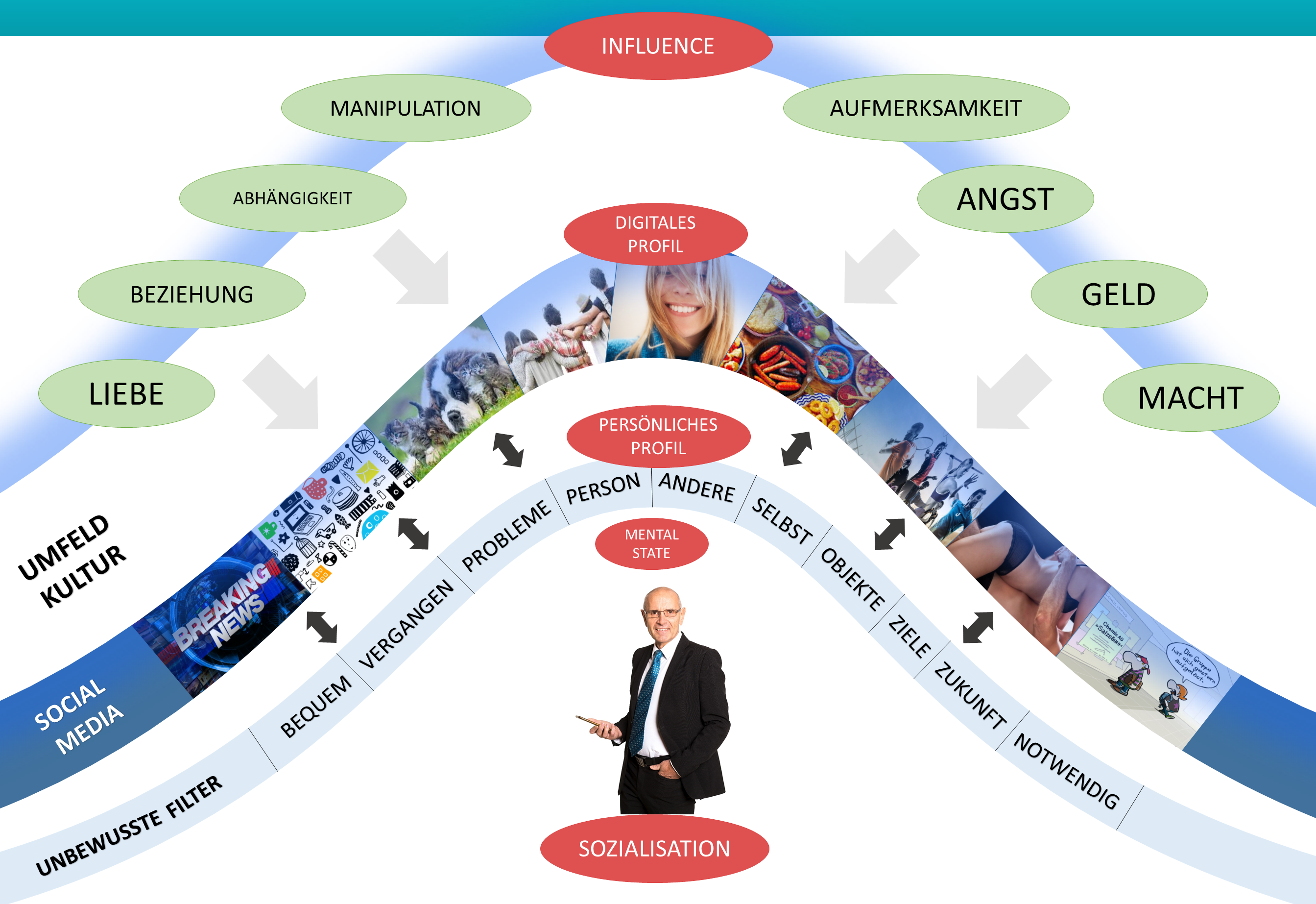
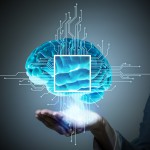

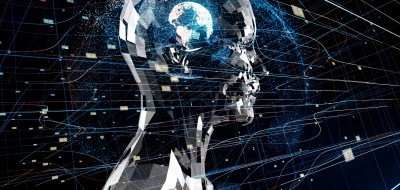
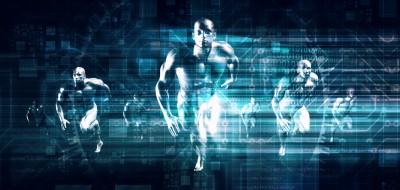
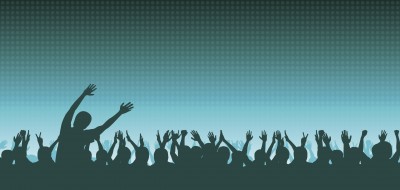
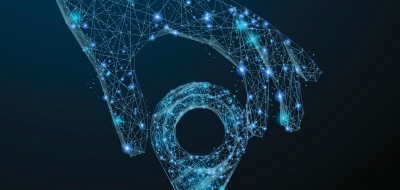
 Deutsch
Deutsch English
English